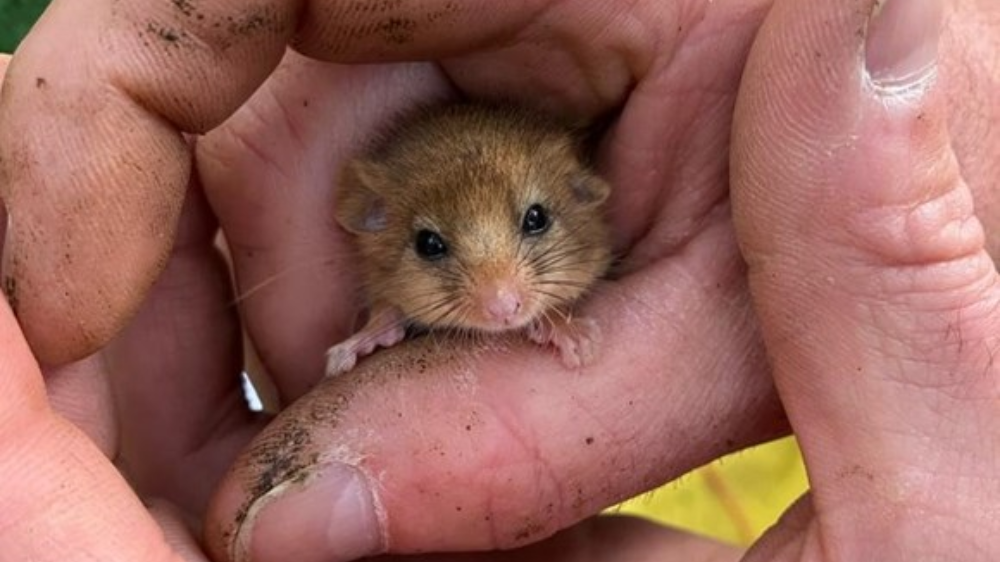
Rodents increase, despite national decline
Against a backdrop of catastrophic national decline, dormice in East Devon’s Local Nature Reserves are doing well.
Earlier this month, The People’s Trust for Endangered Species reported a very bleak picture for dormice in the UK with a 70% decline since the year 2000, and a total loss of the species from 20 English counties since Victorian times.
Habitat loss and degradation, compounded by climate change were cited as the main reasons for this decline.
In contrast, regular species monitoring by East Devon District Council’s (EDDC) Countryside Team has recorded nine dormice on two Local Nature Reserves (LNR) this month, with a mixture of adults and young.
EDDC’s Countryside Manager, James Chubb, said:
“We have been surveying the dormice in Holyford Woods for the past 21 years. Whilst there has been evidence of their nest-boxes use over recent years, the four dormice we found this month are the first at Holyford Woods LNR for over two years. At Knapp Copse LNR, we only installed the monitoring system last winter, so to find five dormice in our November check is really encouraging!
“Concerningly, two young male dormice were recorded in a box weighing in at only 10.5g each, found together with a large adult female. The young males should have reached 15g at least if they are to be able to survive a winter hibernation.”
In 2005 at Holyford Woods, twelve acres were clear-felled of non-native Douglas Fir and have been allowed to regenerate naturally into mixed woodland. This provides a suitable habitat for dormice as well as a host of other woodland species.
Nearby Knapp Copse, owned by Devon County Council and managed by EDDC’s Countryside Team, is known to have dormice but only recently became part of the National Dormouse Monitoring Programme.
Cllr Geoff Jung, EDDC’s Portfolio Holder for Coast, Countryside and Environment said,
“This news is exactly why the council has made its Nature Recovery Declaration, which highlights our commitment to halting nature’s decline in East Devon.
“To know that we are responsible for looking after sites where dormice are doing well, is hugely satisfying. We will continue our efforts to improve nature conservation here.”
Will Dommett, EDDC’s District Ecologist, added:
“East Devon is a hotspot for dormice thanks to its extensive woodland cover and good interconnection of the sites across the wider landscape through the network of hedgerows. Protecting our existing woodland and hedgerow network is critical, as is the creation of new deciduous woods, preferably through the process of natural regeneration.
The provision of new hedges, and sensitive management of hedges such as laying, in-frequent and varied cutting regimes, as well as the establishment of conservation schemes, can all positively contribute.”
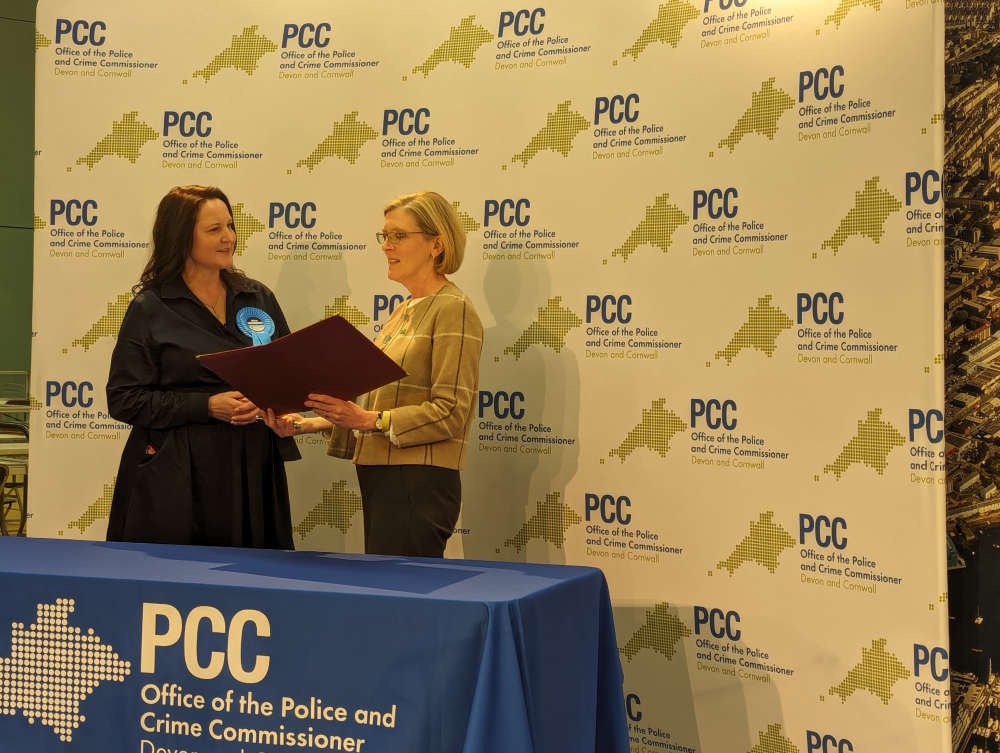 Re-elected PCC to prioritise ‘limbo’ chief constable situation
Re-elected PCC to prioritise ‘limbo’ chief constable situation
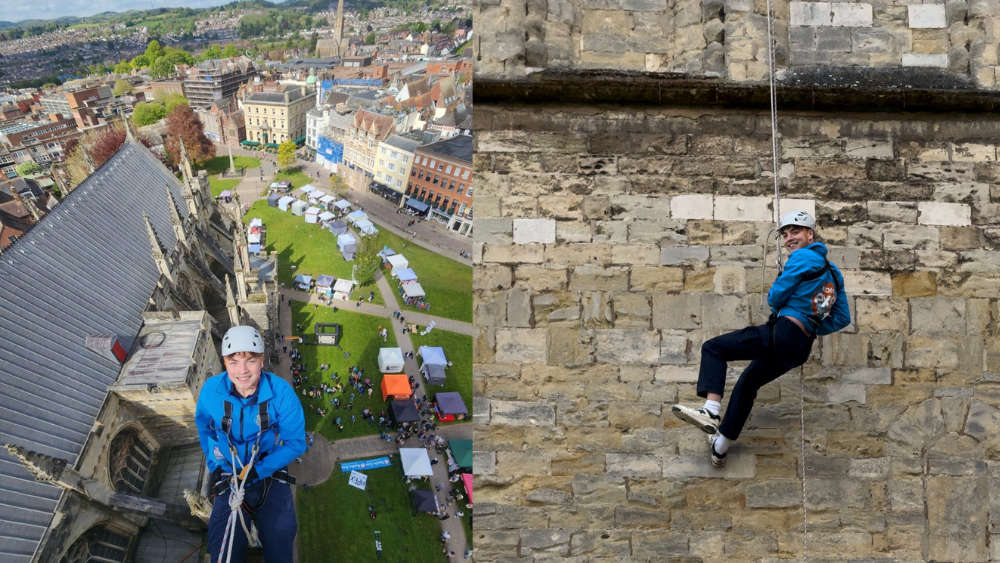 Exeter Cathedral abseil raises over £50,000
Exeter Cathedral abseil raises over £50,000
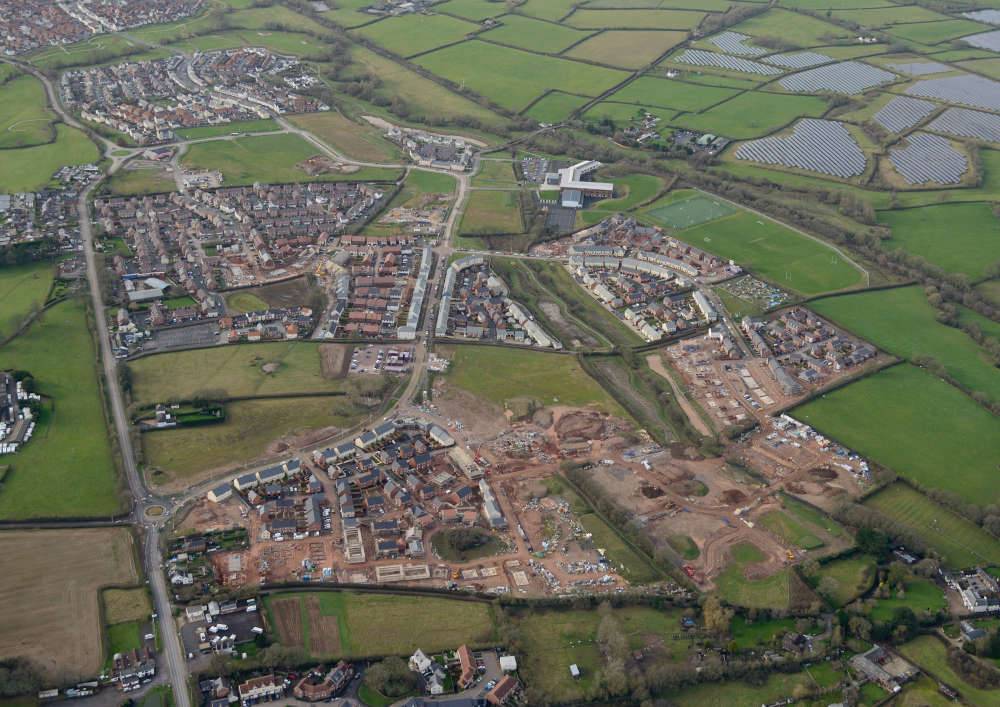 Moves made to avoid controversial estate management firms
Moves made to avoid controversial estate management firms
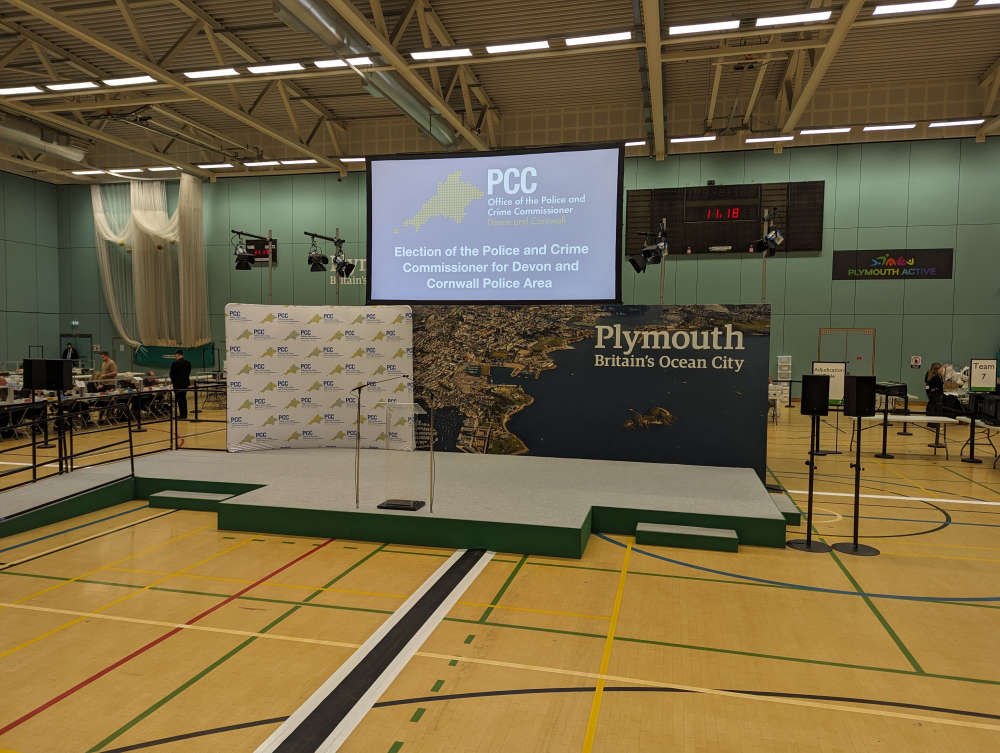 Turnout for police and crime commissioner election drops as count continues
Turnout for police and crime commissioner election drops as count continues
 How Exeter's traffic troubles influenced council vote
How Exeter's traffic troubles influenced council vote
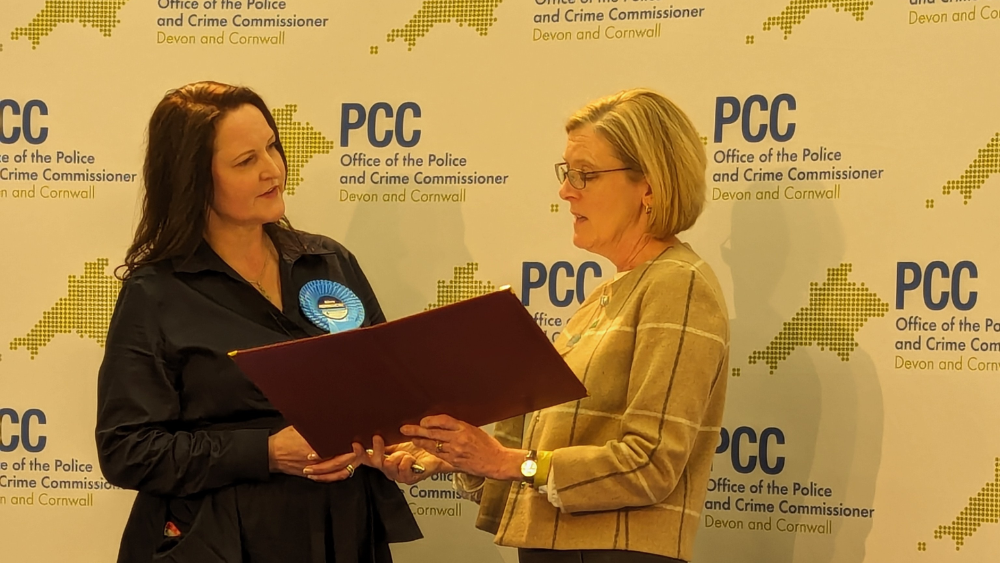 Alison Hernandez secures third term as police and crime commissioner
Alison Hernandez secures third term as police and crime commissioner
